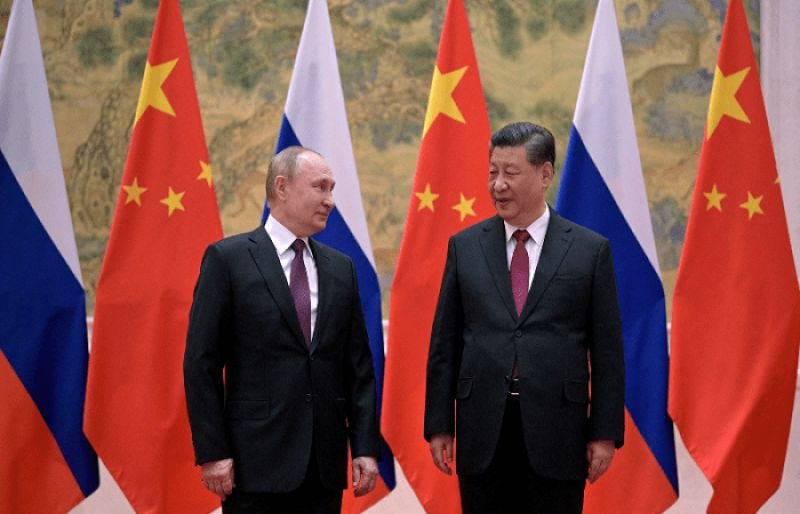China's High Imports of Russian Oil in March
Russia continued to be China's main source of oil in March, with refineries buying up shipments of Sokol crude that were previously stranded.
China's imports from Russia, which include both pipeline deliveries and shipments by sea, rose by 12.5% compared to last year, reaching 10.81 million metric tons, or 2.55 million barrels per day last month, according to data from the General Administration of Customs.
This was very close to the previous record set in June 2023, when imports reached 2.56 million barrels.
In March, seven Russian tankers, despite being under sanctions, unloaded Sokol crude at Chinese ports. Russia took action to clear a surplus of stranded oil following tightened U.S. sanctions.
Over the past three months, more than 10 million barrels of Sakhalin-1 oil, operated by Rosneft, were stored due to payment issues and sanctions on shipping companies and vessels carrying the crude.
Importing Russian crude for storage in strategic reserves by China National Offshore Oil Corporation (CNOOC) also contributed to the increased imports from Russia.
Consultancy firm Kpler predicts that sea shipments from Russia will hit a record high of 1.82 million barrels, including 440,000 barrels of Sokol and 967,000 barrels of ESPO crude.
Despite Western sanctions and a price cap following Russia's invasion of Ukraine in 2022, Russia remained China's top oil supplier throughout 2023, shipping 2.14 million barrels.
In line with other OPEC+ members, Russia extended a voluntary cut in crude oil output of 300,000 barrels into the first quarter of this year to support energy prices.
Imports from Saudi Arabia, previously China's largest supplier, decreased by 29.3% compared to last year, totaling 6.3 million tons in March, or 1.48 million barrels.
Saudi Arabia announced it would continue its voluntary production cut of 1 million barrels until the end of June, maintaining its output at around 9 million barrels. The country also maintained the March official selling price of its flagship Arab Light to Asia at $1.50 over the Oman/Dubai average to secure market share.
Imports from Malaysia, a transshipment point for sanctioned cargoes from Iran and Venezuela, surged by 39.2% compared to last year, reaching 13.7 million tons, or 3.23 million barrels, in the first quarter.
While imports from Venezuela amounted to 375,296 tons, there were no recorded imports from Iran, following the re-imposition of U.S. sanctions after President Nicolas Maduro failed to meet election commitments.



